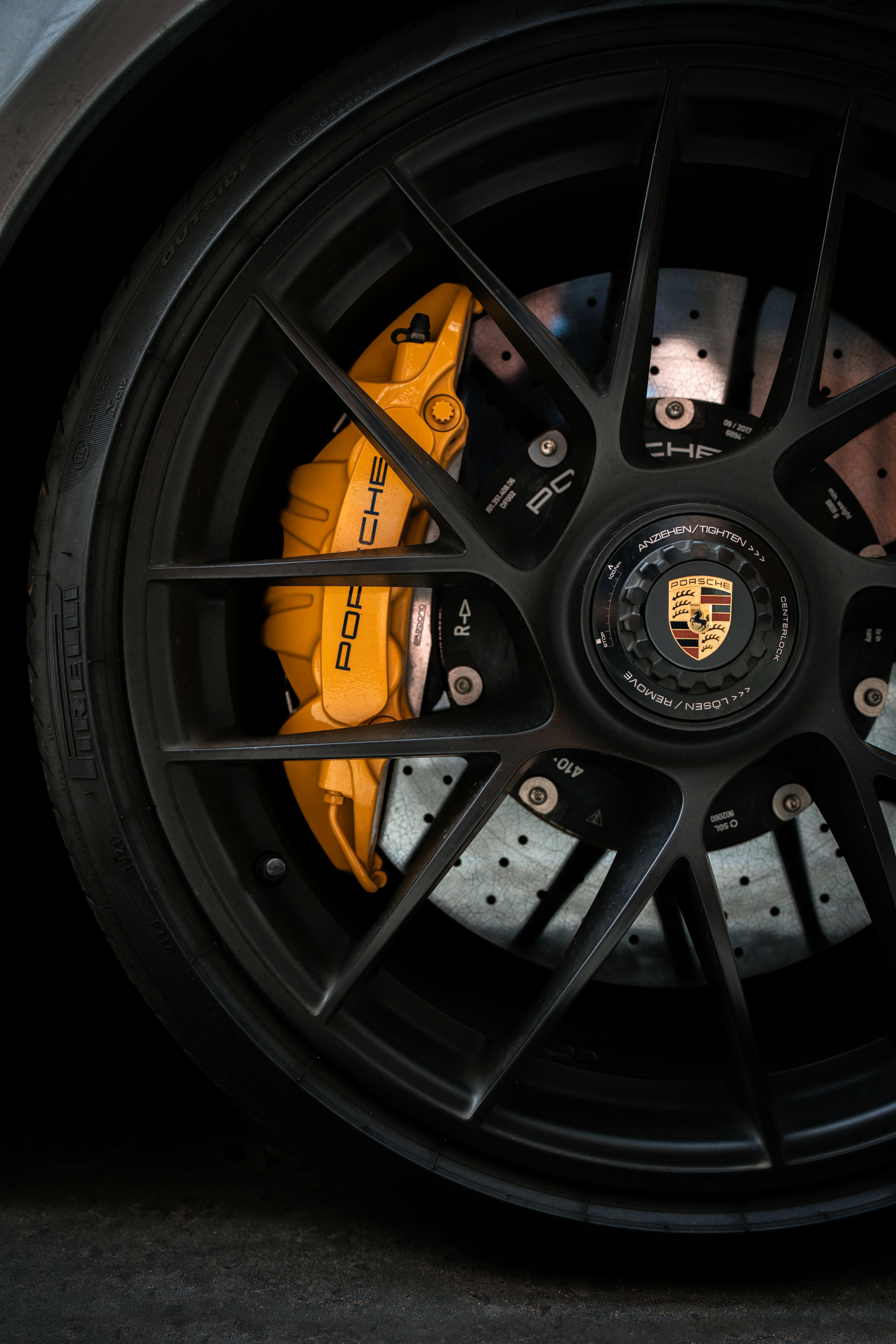Porsche Shares Plummet as EV Rollout Delays Spark Profit Warning
By HomeBrasil |

Porsche AG’s stock took a nosedive, dropping over 7% on Monday, after the luxury carmaker announced a major pivot in its electrification strategy, citing weaker-than-expected demand for electric vehicles (EVs) and slashing its 2025 profit forecast. The German icon, known for its high-performance petrol-powered sports cars, revealed plans to delay new EV models, extend combustion engine production into the 2030s, and introduce hybrid options, sending ripples through investors and the auto industry. Parent company Volkswagen also saw shares slide 7.5%, facing a €5.1 billion hit from the overhaul. With challenges like U.S. tariffs and a sluggish Chinese luxury market, is Porsche’s retreat from EVs a pragmatic move or a risky bet? Dive into the details, from strategic shifts to market impacts.
Unpacking the Shift: Porsche’s Strategic Realignment
Porsche’s latest announcement marks a significant recalibration, balancing its electrification ambitions with market realities. Here’s what’s changing.
The company is scaling back its EV push due to “slower growth of demand for exclusive battery-electric vehicles.” Key moves include:
- Delayed EV Launches: A new SUV series above the Cayenne, initially planned as fully electric, will now debut with combustion engines and plug-in hybrids (PHEVs). Other EV models, including a new platform for the 2030s, are postponed for a redesign with Volkswagen Group brands.
- Extended Combustion Models: The Cayenne and Panamera will offer gas and PHEV options well into the 2030s, with new generations added to the product cycle. The 718 Boxster and Cayman will include “top ICE derivatives” (likely GT4, Spyder variants) alongside electric versions by decade’s end.
- Financial Hit: Porsche slashed its 2025 profit margin forecast from 5-7% to up to 2%, expecting a €1.8 billion operating profit dent from depreciation and provisions tied to the EV delays. Total strategic costs could reach €3.1 billion.
CEO Oliver Blume framed it as flexibility: “With a convincing mix of combustion engines, plug-in hybrids, and battery-electric vehicles, we want to meet the entire range of customer requirements.” But the move reflects pressures from U.S. tariffs, a 19% price drop in China’s auto market, and Europe’s looming 2035 petrol ban.
The Financial Fallout: Stock Slump and Industry Ripples
The market reacted swiftly, with Porsche’s Frankfurt-listed shares falling over 7% and Volkswagen’s dropping 7.5%—its worst slide since 2023. The finance card above shows Porsche (POAHY) closed at $3.85, down from a previous close of $3.77, reflecting a 2.12% daily drop after steeper intraday losses.
This isn’t just Porsche’s problem. European automakers face fierce competition from Chinese brands like BYD and XPeng, whose price wars have slashed average car prices to ~$23,190 in China. Luxury peers BMW and Mercedes-Benz are also cutting costs to stay competitive. Volkswagen’s €5.1 billion hit underscores the group-wide impact, with Porsche’s pivot forcing a broader product overhaul favoring hybrids and gas models.
The Strategic Reasoning: Why Porsche Pivoted
Porsche’s shift isn’t a full retreat from EVs but a response to a “highly volatile environment.” Key drivers include:
- Weak EV Demand: Luxury EV adoption has slowed, especially in China, where Porsche’s high-end buyers are squeezed by economic downturns.
- External Pressures: U.S. tariffs and a declining Chinese luxury market add financial strain, while Europe’s 2035 combustion ban looms.
- Customer Appeal: Offering gas-powered 718 GT models and hybrid SUVs caters to enthusiasts and buyers not ready for full EVs, preserving brand allure.
Road & Track notes Porsche’s commitment to EVs like the Taycan, Macan, and 718 electric models remains, but gas options ensure flexibility as demand evolves. This hybrid strategy could stabilize sales but risks alienating EV-focused investors.
Credibility in the Crisis: Why This Matters
Backed by Porsche’s official statement, Volkswagen Group data, and reports from BBC and Road & Track, the news is solid, with no major discrepancies. The finance card above confirms the stock dip, aligning with market reports. Broader context: Global EV sales grew 20% in 2024, per IEA, but luxury segments lag, and China’s price wars hit premiums hard. Porsche’s pivot mirrors BMW’s recent hybrid focus, signaling a wider industry recalibration as Europe’s 2035 deadline nears.
The move could bolster Porsche’s resilience but dents short-term profits, with dividends expected to drop despite a higher payout ratio. Investors and enthusiasts are watching: Will Porsche balance its iconic gas heritage with EV mandates?
Stay Informed and Drive On
Porsche’s EV delay and profit warning sparked a 7%+ stock plunge, reflecting tough times for luxury automakers amid Chinese competition and tariff woes. By doubling down on gas and hybrid options for the 718, Cayenne, and a new SUV, Porsche aims for flexibility—but at a €1.8 billion cost. Optimism persists: A balanced portfolio could keep Porsche’s allure intact. Check the finance card above for stock updates, and visit newsroom.porsche.com for more. Are you team EV or ICE? Drop your take below!

